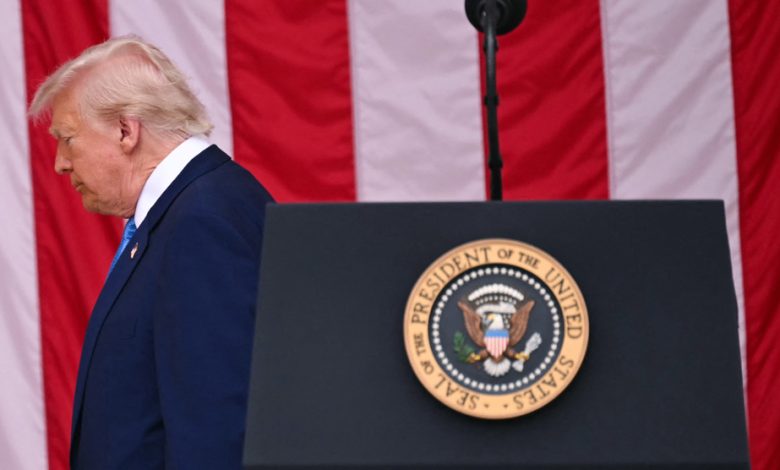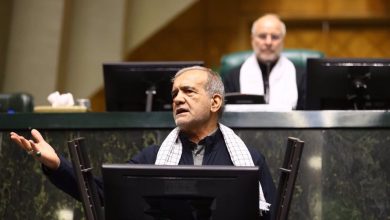US Federal Court Halts Tariffs in Major Trade Policy Setback for Trump
A United States federal court has deemed Trump's extensive tariffs illegal, marking a substantial setback for a core economic policy of the former administration.

A three-judge panel at the New York Court of International Trade has delivered a ruling after numerous legal challenges argued that Trump exceeded the limits of presidential authority, rendering U.S. trade policy vulnerable to unpredictable executive actions and contributing to global economic instability.
Typically, imposing tariffs necessitates congressional approval; however, Trump bypassed this need by asserting that the nation’s trade imbalances constituted a national emergency. This novel rationale allowed the unilateral implementation of sweeping tariffs on almost all of the United States’ trading partners last month, leading to considerable market instability.
A judicial panel clarified that their focus was not on assessing “the wisdom or likely effectiveness” of Trump’s application of tariffs as a negotiating tool, but instead on the legality of how those tariffs were enacted. The ruling highlighted that the tariffs were invalidated not due to any perceived lack of wisdom or effectiveness in their use, but because federal law does not authorize such actions.
The decision also put a stop to a separate set of tariffs imposed on China, Mexico, and Canada by the administration. These measures were initially defended as efforts to address drug trafficking and unauthorized immigration into the United States.
The court’s ruling did not encompass tariffs aimed at specific imports like automobiles, steel, and aluminum, as these were sanctioned under different legal statutes.
The Trump administration is anticipated to contest the court’s ruling, as White House officials dismiss the judicial intervention. A White House spokesperson, Kush Desai, stated in a formal declaration to Reuters, “It is not for unelected judges to decide how to properly address a national emergency.”
On April 2, Trump initiated a groundbreaking global tariff regime, imposing import duties on almost all goods entering the United States.
The policy introduced a uniform 10% tariff for the majority of countries, while enforcing elevated retaliatory tariffs on several nations and economic blocs such as the European Union, the United Kingdom, Canada, Mexico, and China.
The administration under Trump claims that the imposition of tariffs is aimed at generating manufacturing jobs domestically and expanding export markets internationally. However, officials have advised patience, indicating that the anticipated outcomes may take time to materialize.
Economists have expressed concerns that the reintroduction of tariffs may trigger a resurgence of inflation, heightening the likelihood of a recession in the United States. They warn this move could significantly increase expenses for average American families by several thousand dollars, presenting a possible challenge for Trump, who had pledged to lower the cost of living for citizens.







